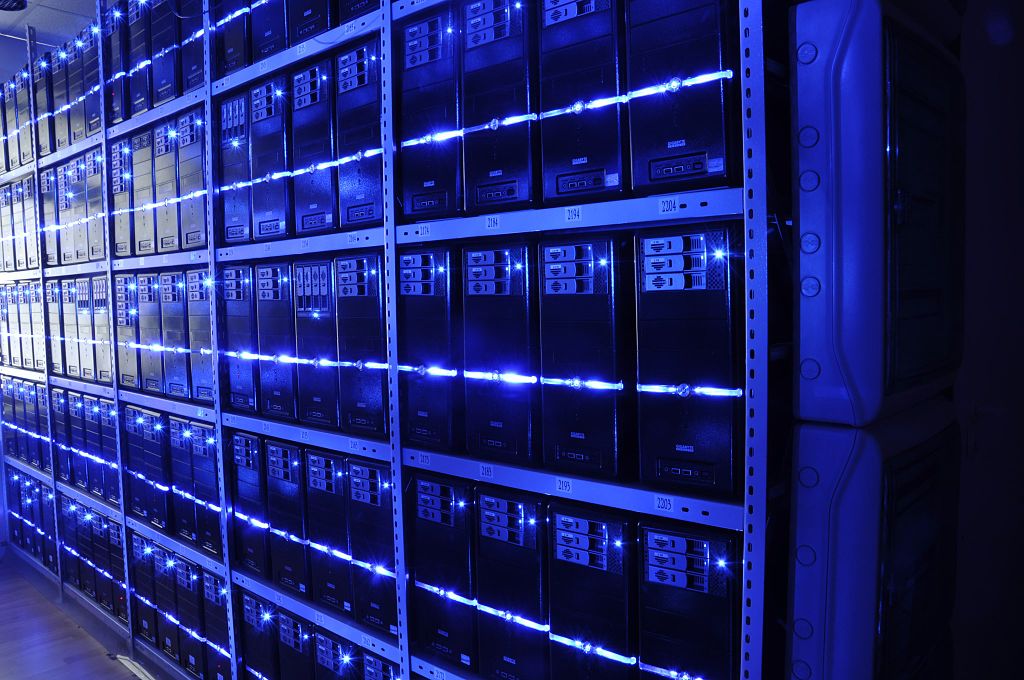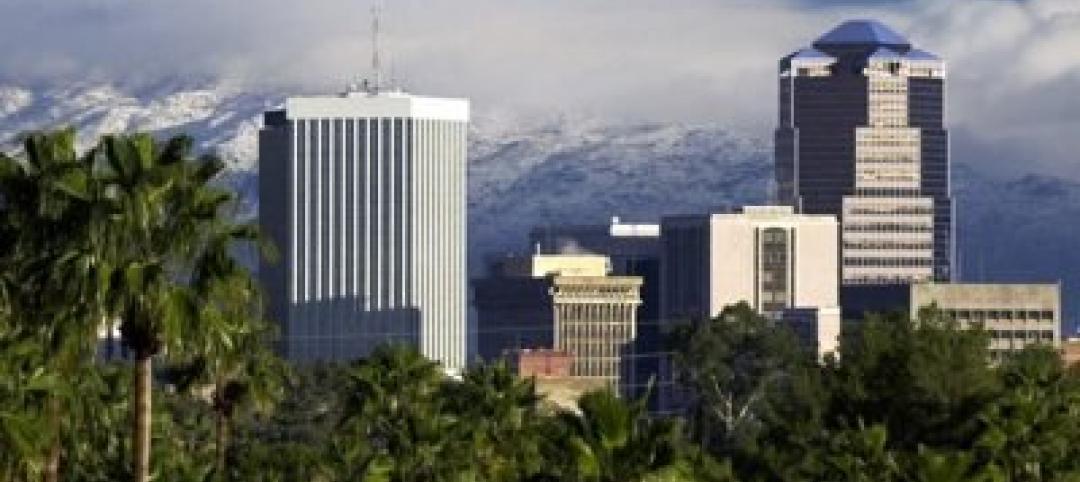ASHRAE recently released “Liquid Cooling Guidelines for Datacom Equipment Centers,” second edition, a guide for implementing liquid cooling systems in data centers. The guide provides guidelines on interface requirements between chilled-water systems and technology cooling systems and on the requirements of liquid-cooled systems that attach to a datacom electronics rack.
Data center rack heat loads are steadily climbing, creating a need for liquid cooling solutions to reduce the volume of airflow needed, ASHRAE says. “There is an increasing interest in liquid-cooled IT equipment at the rack, equipment and component levels,” says Don Beaty, publication chair of Technical Committee 9.9., Mission Critical Facilities, Data Centers, Technology Spaces and Electronic Equipment. “There is also increased interest in reuse of the heat rejected from IT equipment. One of the more important changes to the second edition is the addition of supply water temperature classification.”
The addition of liquid classes can have a similar effect on the industry as the creation of supply air temperature classes did—which was the critical enabler to the use of economizers in data centers, Beaty says. “There are five water temperature classes with the highest temperature class being >45 C (113 F), which opens up possibilities for using the rejected heat for building heating systems,” he said.
Related Stories
| Dec 20, 2012
China to build sustainable city for 180,000 from scratch
A 120-million sf urban development in China will be designed according to high green standards for about 180,000 residents.
| Dec 20, 2012
Air duct trade group urges maintenance, restoration professionals to avoid chemical cleaners
The National Air Duct Cleaners Association (NADCA) urges professionals to avoid using chemicals as a method for cleaning and maintaining air duct systems.
| Dec 20, 2012
Valencia College shifts from LEED to Green Globes on new project for more flexibility
The Lake Nona campus of Valencia College in Florida shifted its sustainability standard to Green Globes largely to be able to use a bipolar-ionization system to treat its indoor air -- something LEED didn't allow.
| Dec 20, 2012
LEED-certified schools don’t have to cost more to build, save average of 33% on energy
On average, green schools use 33% less energy and 32% less water than their conventional counterparts, and save $100,000 per year on direct operating costs, according to the U.S. Green Building Council.
| Dec 13, 2012
New OSHA initiatives on tap at AGC safety and health conference
More than 150 industry professionals will discuss the development of regulatory and legislative activity on national and local levels at the Associated General Contractors of America’s health and safety conference.
| Dec 13, 2012
So-called fiscal cliff is already affecting construction jobs, AGC finds
In November, the construction industry shed 20,000 jobs and its unemployment rate reached 12.2%, according to an analysis by the Associated General Contractors of America.
| Dec 13, 2012
New York City poised to enact recycling mandate for multi-family dwellings
New York City lags behind other large cities in recycling with only 15% of residential trash being recycled. A new bill passed by the City Council aims to improve the rate by changing how new apartment buildings are constructed.
| Dec 13, 2012
Pima County, Ariz. officials say improved code enforcement scores will help lower insurance bills
Insurance Service Office, Inc. (ISO) recently analyzed building codes and enforcement and found that Pima County, Ariz., consistently outscored comparable jurisdictions in Arizona and the nation.
| Dec 13, 2012
D.C. aims to be a green leader with new building codes
The District of Columbia has released a revised set of building codes to make it a leader in green construction.















